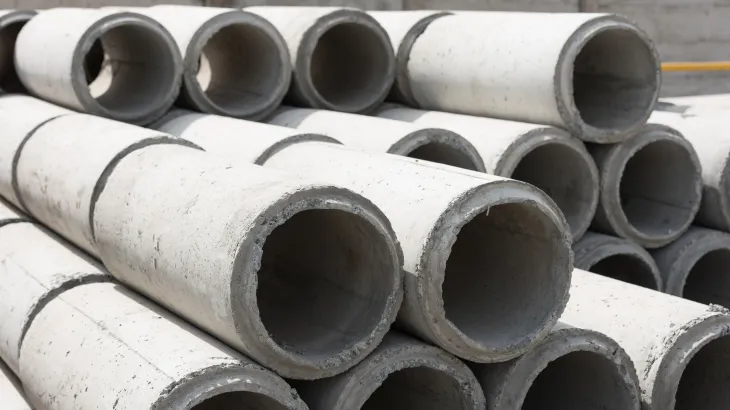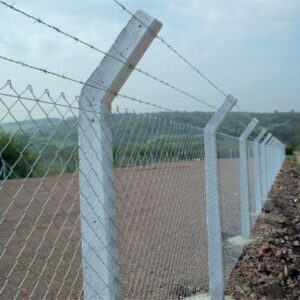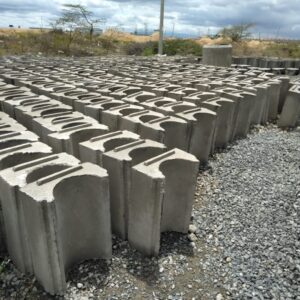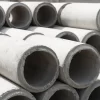Road culverts are essential infrastructure components in transportation and civil engineering for several reasons. They play a crucial role in maintaining the functionality and safety of roads and highways. Here are some key points highlighting the importance of road culverts:
1.Water Drainage: One of the primary functions of road culverts is to manage water drainage. They allow the free flow of water under roads, preventing flooding and erosion, especially during heavy rainfalls or storms. Proper drainage helps maintain road integrity and safety.
2.Preventing Water Accumulation: Without culverts, water can accumulate on road surfaces, creating hazards for drivers. Accumulated water can lead to hydroplaning, reduced visibility, and road closures, all of which pose significant risks to public safety.
3.Preserving Road Structural Integrity: Water can be highly destructive to road structures. It can erode the roadbed, weaken the pavement, and compromise the stability of the road. Culverts help preserve road structural integrity by diverting water away from the road surface and its sublayers.
4.Environmental Protection: Culverts are designed to consider environmental factors, such as protecting aquatic ecosystems. Properly designed culverts allow fish and other aquatic life to move freely under roads, maintaining ecological connectivity.
5.Reducing Maintenance Costs: Regular road maintenance can be costly. By preventing water-related damage, culverts help reduce maintenance expenses over the long term, making transportation infrastructure more cost-effective.
6.Preventing Road Closures: Flooding or water accumulation on roads often necessitates road closures, which disrupt transportation and can have economic consequences. Culverts help prevent such closures by facilitating water flow.
7.Enhancing Transportation Efficiency: Culverts contribute to efficient transportation networks by ensuring that roads remain accessible even during adverse weather conditions. This is particularly important in rural and remote areas.
8.Safety and Convenience: Well-maintained culverts contribute to road safety and driver convenience by reducing the risk of accidents caused by wet or flooded road conditions.
9.Managing Soil Erosion: Culverts help control soil erosion by channeling water away from vulnerable areas. Uncontrolled erosion can lead to landslides and further road damage.
10.Infrastructure Resilience: As climate change leads to more extreme weather events, culverts are becoming increasingly important in ensuring the resilience of transportation infrastructure against flooding and other weather-related challenges.
In summary, road culverts are integral components of transportation infrastructure, playing a vital role in maintaining road safety, structural integrity, and environmental considerations. Proper planning, design, and maintenance of culverts are essential to ensure their effectiveness in managing water drainage and preserving the functionality of road networks.








